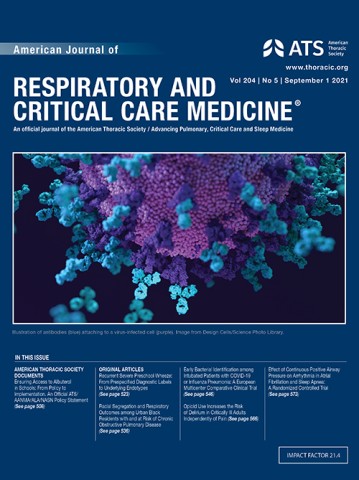Long-term effects of nutraceuticals (berberine, red yeast rice, policosanol) in elderly hypercholesterolemic patients
Introduction: Statins are at the forefront of strategies to manage dyslipidemia, although they are not always well tolerated. At 6-7 months after the drug was supplied, discontinuation rates averaged 30%. Alternate agents to statins have been studied. Some nutraceuticals demonstrated an efficacy in reducing cholesterol concentrations. However, there are no data regarding the use of nutraceuticals in elderly dyslipidemic patients. The purpose of this study was to examine the efficacy, safety, and tolerability of a nutraceutical-based protocol in elderly hypercholesterolemic patients previously intolerant to statins.
Methods: This study was performed as a randomized, prospective, parallel group, single-blind study. Patients were included in the study if they had high total cholesterolemia, high low-density lipoprotein cholesterol (LDL-C), >75 years of age, statin-intolerant, and were refusing other pharmaceutical treatments for hypercholesterolemia. At the baseline visit, eligible patients were randomized to either nutraceutical-combined pill (containing berberine 500 mg, policosanol 10 mg, red yeast rice 200 mg, folic acid 0.2 mg, coenzyme Q10 2.0 mg, and astaxanthin 0.5 mg) or placebo, and the first dose was dispensed. The efficacy, safety, and tolerability of the proposed treatment were fully assessed after 3, 6, and 12 months of treatment.
Le indicazioni contenute in questo sito non intendono e non devono in alcun modo sostituire il rapporto diretto tra Medico (professionisti della salute) e Paziente/lettore. È pertanto sempre opportuno consultare sempre il proprio Medico curante e/o Specialista





